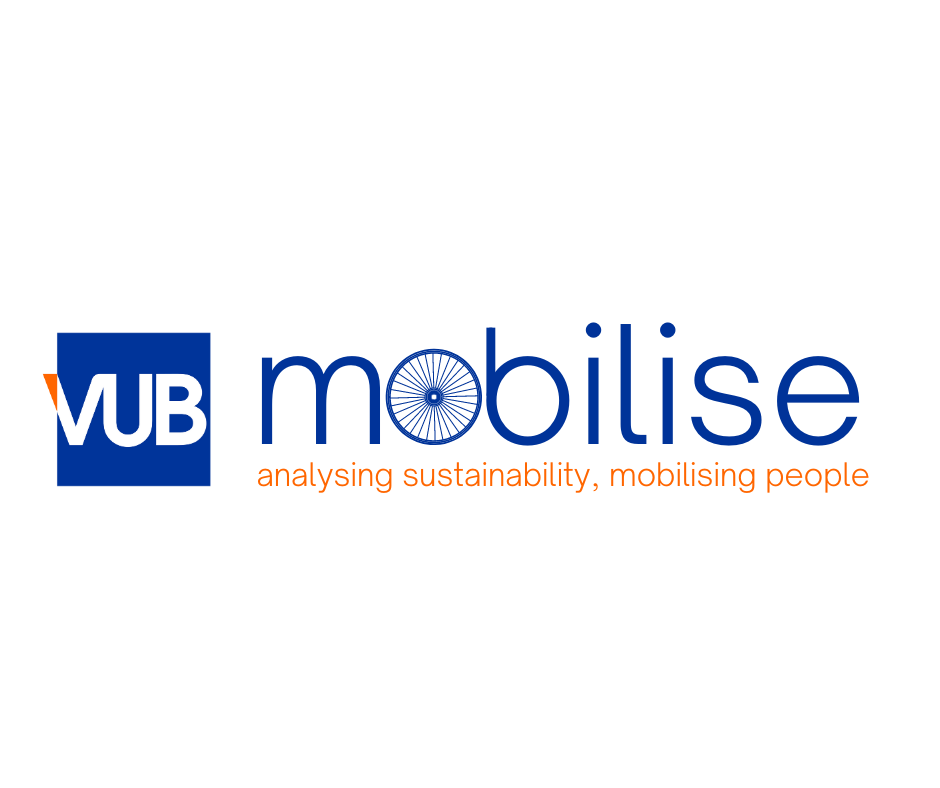
2nd advisory board meeting
On Friday 25th of March, we held our 2nd DISpATch advisory board meeting. The event was held by LOG!VILLE (logiville), the DISPATCH project partners participated and discussed about the recent status of the project. Also the the three universities (KULeuven, UHasselt, and VUB) as the scientific partners of the project presented the latest output of their works in regards with the project.

2nd consortium meeting
Given the ongoing pandemic, our 2nd DISpATch consortium meeting was virtual. It marked our 1 year of work which we presented to the consortium members. We were very pleased and inspired by the interactive Q&A sessions, and it does not happen often that brainstorming continues 20 min beyond the scheduled end of the workshop! In this regard, we would like to thank all the company representatives for their highly relevant input and willingness to move things forward.
Besides the partners who presented their work with regard to initial Digital Twin prototypes, decision support for planning using real-time information and capacity decisions, we also welcomed Fernando Liesa from the European Technology Platform for Logistics (ETP-ALICE) who described the broader European vision towards the Physical Internet.
You can find the presentations under the Project Outputs tab.

ORBEL 34

Thibault Delbart presented his initial findings at the 34th annual conference of the Belgian Operational Research Society (ORBEL 34) in Centrale Lille.
Abstract: Lower adaptability to uncertain events is one of the main barriers preventing a shift from road freight transport to other modes. This work presents a literature review on transport planning problems with uncertaintities and multiple modes. In a second step, a model will be developed to obtain the optimal capacity distribution between modes for a carrier considering a switch from road to rail transport.
You can find Thibault' extended abstract and presentation under the Project Outputs tab.
Two presentations at IPIC 2019


Dr. Tomas Ambra and Hannah Yee presented their work at the 6th International Physical Internet Conference in Westminster, London. During the session on "Routing and Synchromodality" Tomas addressed the Digital Twin Concept and its role in reducing uncertainty in Synchromodal Transport:
Abstract: Transparency and information exchange are important parts of synchromodality that contribute to better overview of options when tackling delays, dynamic switching, and handling of unexpected events that affect delivery lead-times and costs. The most challenging aspect when making decisions in a complex adaptive dynamic system, is the ever-changing environment as we introduce more flexibility which may lead to more unpredictable outcomes. This paper presents 2 simple illustrative cases to asses different transparency levels and the adaptive behavior of assets; 1) a static case where assets do not have the ability to respond proactively to disruptive events, and 2) a dynamic case where assets have the ability to query their environmental context and exchange information. The severity of the events is captured by probability distribution functions by deploying Monte Carlo simulations to showcase the potential benefits of the Digital Twin concept in a synchromodal context. The links between current Digital Twin applications and synchromodal transport are discussed in order to spark a new wave of reducing uncertainties in dynamic environments. Lastly, the paper sheds more light on how to connect closed virtual simulations woth the real physical system.
Hannah addressed Synchromodality in the Physical Internet: Real-time Switching in a Multimodal Network with Stochastic Transit times:
Abstract: Environmental concerns raise the need for more efficiency and sustainability in the freight transportation sector. For this purpose, the Physical Internet is introduced, which aims to connect logistics networks into one hyperconnected supernetwork. To transport freight over such an integrated, the innovative concept of synchromodality is presented. Synchromodality is defined by the usage of multiple modalities when planning shipments, where real-time switching between transportation modes is possible. In this work, we introduce a synchromodal planning model that constructs optimal transportation routes in a multimodal network with stochastic transit times, formulated as a mixed-integer linear progralling problem. To cope with the transit time stochasticity, transportation routes are adapted in accordance to real-time information about the the transit time outcome. In a numerical study, we demonstrate the potential advantages that synchromodality entails in terms of costs, service quality and environmental impact.
You can find their presentations and papers under the Project Outputs tab.
Project kick-off (18/11/2019)
The DISpATch project kicked off on the 18th of November 2019 with its 1st consortium meeting in Brussels! The partners presented their main research vision to the companies. The companies on the consortium form an imperative fibre of the project in terms of 1) validation of the DISpATch algorithms and their relevant use, as well as 2) transferability of the proposed solutions and integration structures for daily use.


| Copyright © 2021 | |

|
| Project financed by: |

|

